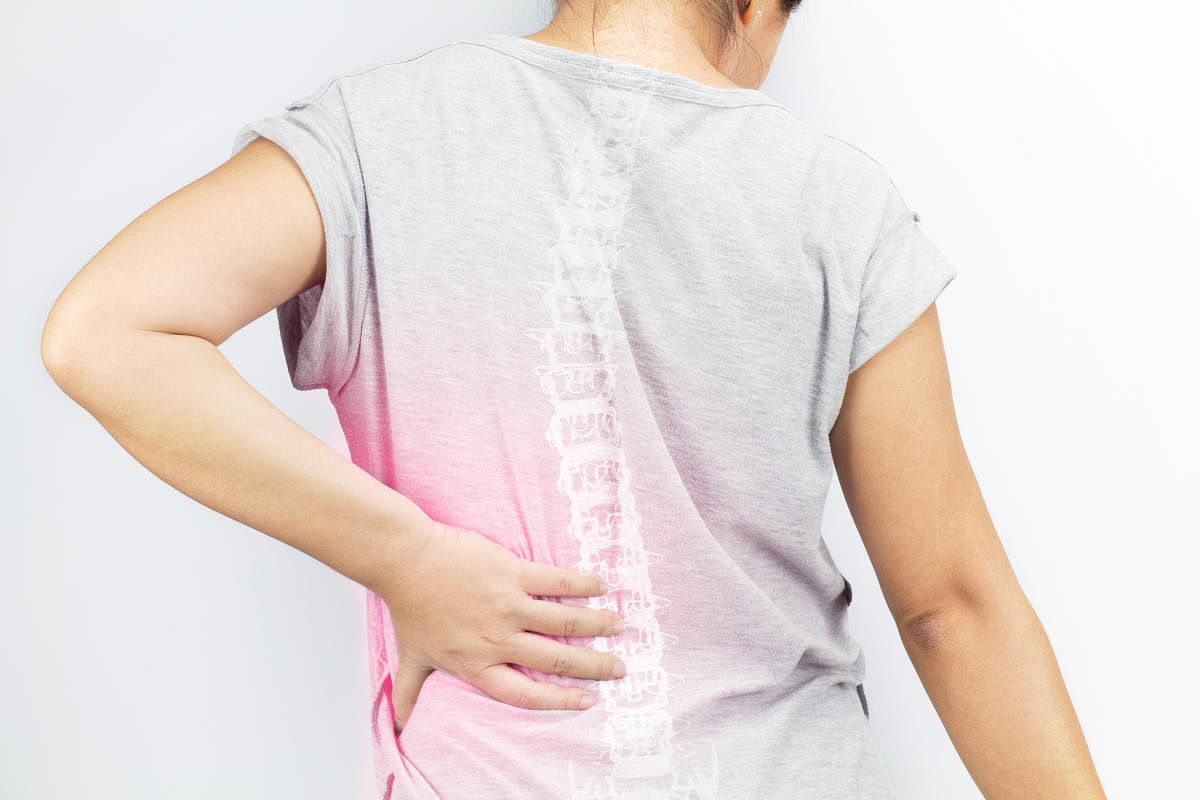A sedentary lifestyle can make you age faster, causing multiple aches and pains in your body. Some of you might be experiencing spondylosis, the result of constant wear and tear on the vertebrae and cartilage of the spine. If you wake up with a stiff neck or back or experience pain that is worse in the morning and at night, this is definitely a sign of spondylosis or degeneration of the inter-vertebral disc that protects our spine and facet joint.
Incidentally, by the time we enter our 40s, our vertebra begins to degenerate and wear away. To compensate for this, a new bone is formed. Unfortunately, the new bone forms in an irregular manner and compresses the underlying nerves, causing pain.
While most commonly seen in the neck region, spondylosis can affect other parts of the spine and cause back pain. Thoracic spondylosis affects the mid-back and lumbar spondylosis affects the lower.
Let's look at the effects of spondylosis:
Restricted neck movement and pain
Lower back pain
Vertigo or sudden blackouts and headaches
Tingling sensation in the hands and legs because of spinal cord compression
Pain going down the arm or leg while gripping objects
Pain while performing simple coordinated activities such as walking, tying shoelaces or maintaining balance, and, in extreme cases, progressive paralysis.
Spondylosis cannot be cured, but it can be treated with hot and cold packs. Physiotherapy is considered as the first line of treatment for a range of cervical spine conditions. Surgery is a last resort for patients who lose mobility.
(The author is director, Orthopaedics Spine Surgery, BLK Super Speciality Hospital)
